MIT team develops approach to control dendrite propagation in solid-state batteries
Green Car Congress
NOVEMBER 19, 2022
MIT researchers led by MIT Professor and colleagues at Brown University have developed an approach to controlling dendrite propagation in solid-state batteries. The process of dendrite formation normally takes place deep within the opaque materials of the battery cell and cannot be observed directly.

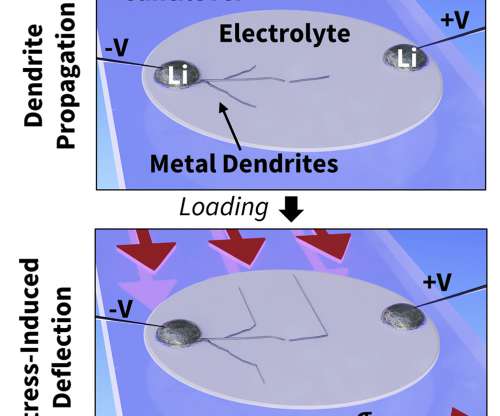

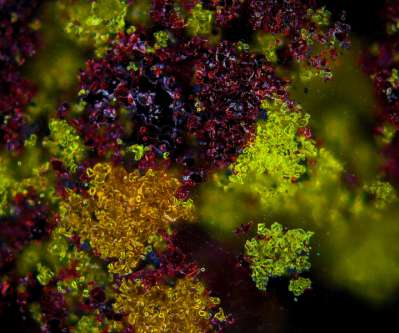
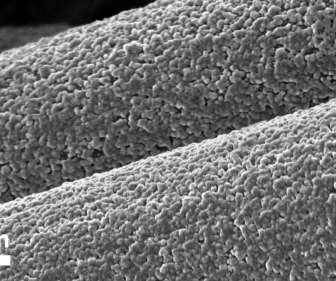





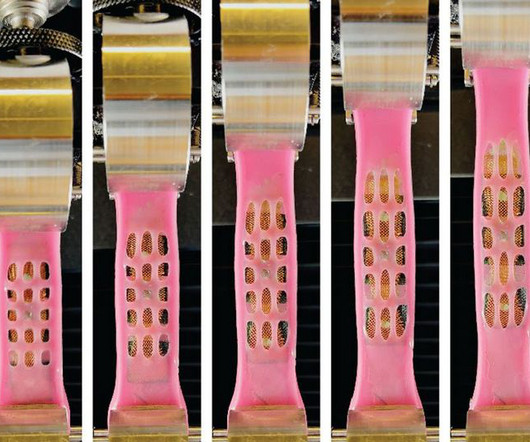




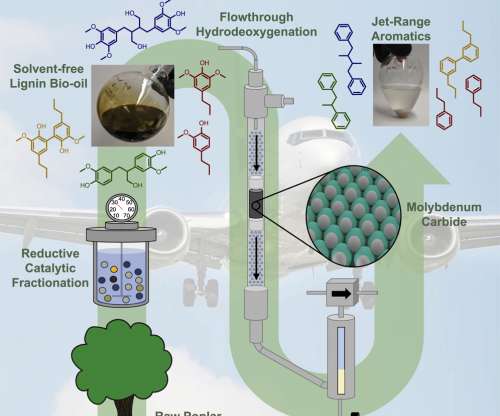


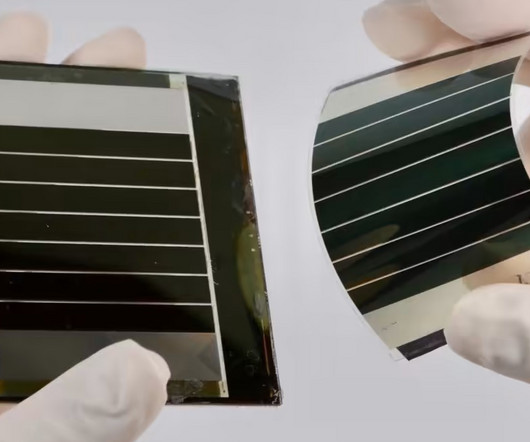
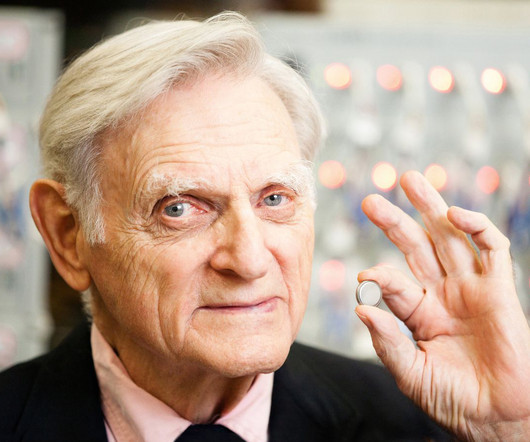

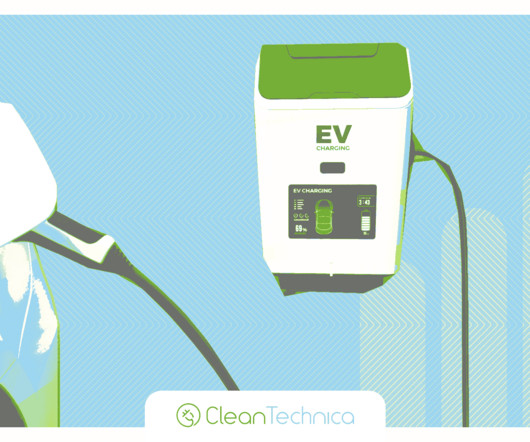



















Let's personalize your content